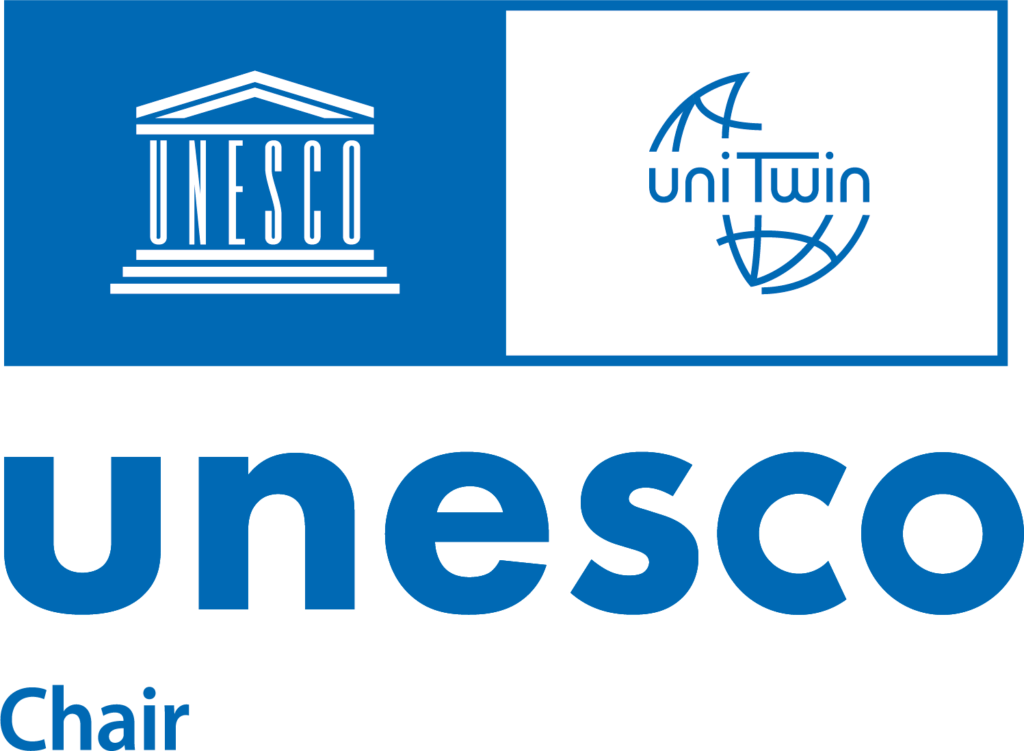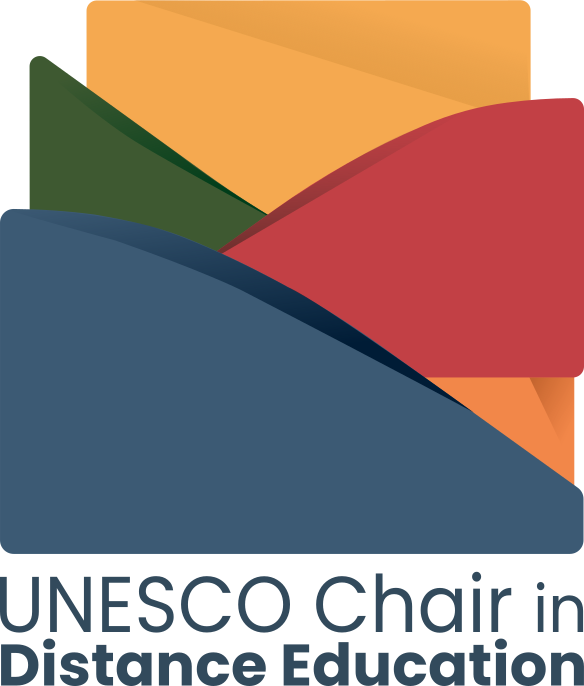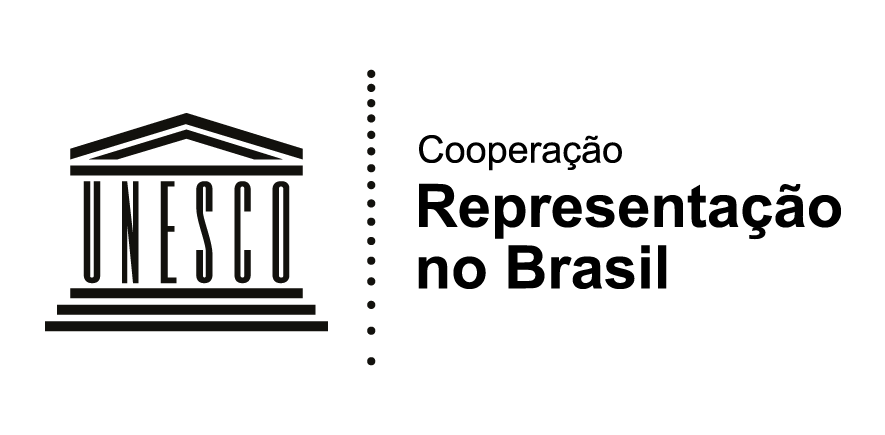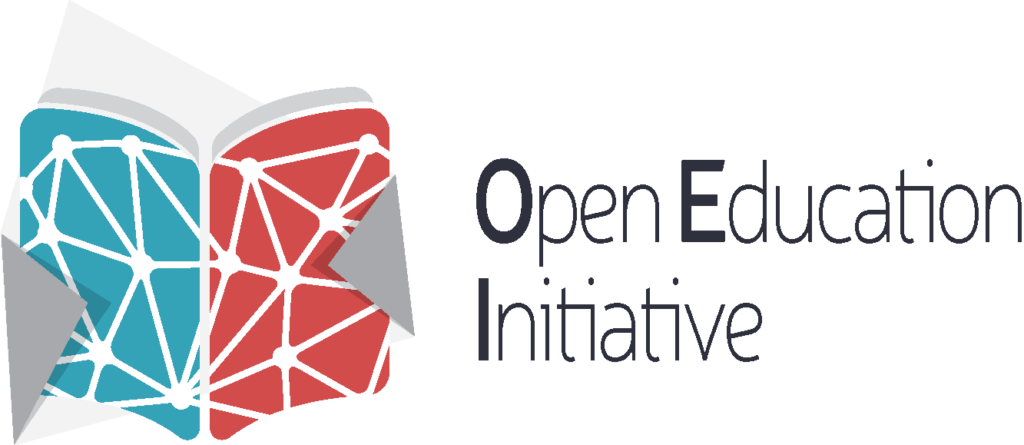Questions, suggestions, compliments? Send an e-mail, we don’t want to collect personal data with forms. On social media, we use #escolhalivre.
This guide aims to point out a range of free and open software and services, and open resources that can help school actors, particularly teachers and students.
We don’t aim to be a huge catalog of free software or to list all the open content repositories. Escolha Livre is the result of a collective curation to select and suggest software and content that is easy to install and use, that dialogues with teaching practices and that in many cases can replace closed and proprietary software and repositories currently in use.
We also want to help teachers and students think about a more Open Education which, among other principles, has the ethical, pedagogical and technical imperative of supporting free software. The Pocket Guide to Open Education (in Portuguese) is a quick and easy read on the subject.
Choose Free (Escolha Livre) was launched during the COVID-19 pandemic. Despite the enormous inclusive potential of the internet, the huge gap between those who have access to the digital world and the conditions to use it with quality and those who don’t, became clearer during this period: scenarios of digital and social exclusion. Not least, there was immediate and renewed interest in television and radio as more equitable forms of access to educational content, which would be done in conjunction with services available via the internet. This moment also helped us realize that “face-to-face” is not necessarily a “better” form of education, but above all, it is a way of guaranteeing access to education for many students.
It’s important to point out the difference between the terms. The notion of distance education as being opposed to face-to-face education lost its strength some time ago – particularly with the popularization of the web. New terms have emerged, such as “hybrid education”, seeking to blend the best and most appropriate practices of distance and face-to-face teaching. Despite the diversity of uses of this term, hybrid refers to a “middle ground” between two opposite poles – distance and face-to-face. In practice, almost every time someone uses the term “hybrid education” one is talking about the use of new media as something supplementary: the traditional model of face-to-face education plus online platforms.
We prefer to talk about Open Education (OE). OE does not start from the logic of the supremacy of one model (for example, face-to-face) to the detriment of others. We currently define Open Education as:
A historical movement that seeks to update the principles of progressive education in times of digital culture. It promotes equity, inclusion and quality through open pedagogical practices based on the freedom to collaboratively create, use, combine, alter and redistribute educational resources. It incorporates open technologies and formats, prioritizing free software. In this context, Open Education prioritizes the protection of digital rights, including access to information, freedom of expression and the right to privacy.
Whatever the model – distance, hybrid, open or others – planning needs to be systemic, e.g. take into account several interdependent factors. It also needs to be systematic – thought out step by step – so that it can be done with quality. This is very different from the one-off or emergency use of communication and information tools, which is the scenario we experienced. Exploring tools and platforms today, however, can influence a medium and long-term strategy for Open Education. The decisions we are making right now regarding the technologies we use and offer to our teachers and students have important implications for the future of education. They generate commitments, contracts, student loyalty, control over data and other important issues! Thinking about and adopting the Free and Open model, starting with technology, is an ethical commitment to education.
______________________
This website is the result of a cooperation with UNESCO as part of contract ED00283/2020. UNESCO (as well as the UNESCO Chair in Distance Education, the University of Brasília, and the Open Education Initiative) does not guarantee that the information, documents and materials contained on its website are complete and correct and will not be liable for any damages suffered as a result of their use.
UNESCO Information Access Policy. UNESCO online privacy policy. Terms of use of the UNESCO name and logo.
______________________
Escolha Livre, in its 2024 version, is a realization of the UNESCO Chair in Distance Education in collaboration with the Open Education Initiative, with financial support from the project “Boas práticas em redes na implantação e implementação dos sistemas de informação para a infância e a adolescência” (PNUD/UnB/FUNAPE).
Coordination: Tel Amiel
Design: Isabela Menezes
Content: Tel Amiel, Isabela Menezes with Werner Westermann, Tijana Ilić, and Mwinanu Makalicha who curated new content as part of their service-learning project in the Masters in Open Education (UNG), based on open contributions from participants in the OE4BW program.
______________________
The textual contents of Escolha Livre are available under a Creative Commons Attribution Share Alike IGO 3.0 license unless otherwise indicated.
This site is for information purposes only and does not endorse or offer any guarantee as to the services presented or indicated.
The site does not collect user information.
______________________
Realization




